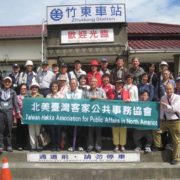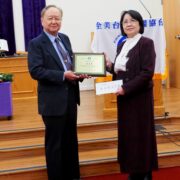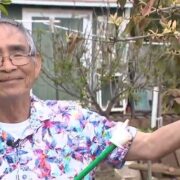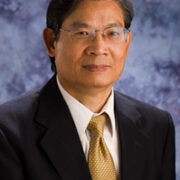The Taiwan Hakka Association for Public Affairs in North America
Author: Frank M. Hsu
The Taiwan Hakka Association for Public Affairs in North America (HAPA-NA) was established on November 1st, 1991. It was the first Taiwanese Hakka people’s organization in North American to make political demands.
Since it was established, HAPA-NA has enthusiastically participated in a number of Hakka movements in Taiwan, such as advocating for the Hakka language to be taught in schools, the fight for Hakka radio and television media rights, supporting political candidates who are actually willing to help Hakka people, and any of the other fights for Hakka rights, such as supporting the response to the Dapu Incident. HAPA-NA has continuously worked hard to play the role of providing these Taiwanese Hakka movements with strong support from North America.
HAPA-NA’s purpose is to unite the Hakka people of North America, to assist in Hakka movements in Taiwan, to fight for Hakka rights, to pass on the Hakka language and culture, to promote public affairs work, and to work hard for Taiwan’s future. The association’s goals are:
To develop Hakka language and culture, and to fight for the rights of the Hakka people.
To jointly promote Taiwan’s Public affairs via overseas Hakka people and other linguistic minority groups from Taiwan, and to promote the normalization of Taiwan’s diplomatic relations.
To research special proposals and policies.
To give attention to the rights of Taiwanese Hakka people in North America.
The association has 9 individuals on its Board of Directors (including the President and Vice-president), who each serve a two-year term and are elected to their positions by the members of the association. The Board of Directors holds a meeting once a quarter via Skype Group Call, which allows them to meet without geographical restrictions.
After Chen Shui-bian came to power, Taiwan began vigorously promoting Hakka cultural movements, like returning to the mother tongue. Additionally, Taiwan established a Hakka Affairs Council and Hakka Television Station. The Hakka consciousness has risen and flourished since then, and HAPA-NA is very honored to have played a role in this. HAPA-NA has, and will continue to support Taiwan’s traditional spirit, care for the interests and rights of Taiwan’s Hakka people, and provide strong backing for Taiwan’s Hakka community.
Since 2011, HAPA-NA has hosted a Provincial Highway 3 symposium, which is meant to be an “intellectual journey” to understand the thoughts and beliefs of Taiwanese Hakka people. Taoyuan County, Hsinchu County, Miaoli County, and Taichung County, the places where most Hakka people live, are all located along Highway 3, which is why this is the starting point.
This year, HAPA-NA will continue sponsoring the “Hakka Taiwanese Culture Award,” host awards for reading and writing about Hakka Taiwanese literature, hold the “Highway 3 Intellectual Journey” event, continue to interact with the Taiwanese American community, and urge members of the US Congress to protect the interests of the United States and Taiwan. HAPA-NA will continue to give its all to advocate for the normalization of Taiwan’s diplomatic relations.
We uphold the following beliefs: Hakka people are Taiwanese, we cannot be excluded from matters related to Taiwan’s rights, and we must work together with everyone else who loves and wants to protect Taiwan so that we can fight for Taiwan’s future. The promotion of Hakka language, culture, and public affairs is a long-term project that requires everyone’s participation and dedication. I believe that as long as we have perseverance, then no matter how high the mountains nor how deep the waters are can prevent us from grinding this iron rod into a needle (Chinese idiom, meaning that hard work leads to success).
The Presidents of the association are as follows:
Chiou-Hung Chen (1991), Albert Jen-Yih Chu (1992 ~ 1993), Po-shih Chung (1994 ~ 1995), Joyce Weng (1996 ~ 1997), Chen-sheng Chung (1998 ~ 1999), Clyde Kiang (2000 ~ 2002), Pao C. Hsu (2003 ~ 2004), William Wei (2005 ~ 2006), David Lai (2007 ~ 2008), Chanchi Lee (2009 ~ 2010), Chanchi Lee (2011 ~ 2012), Frank M. Hsu (2013 ~ 2016), James Y. Chen (2017 ~ ).
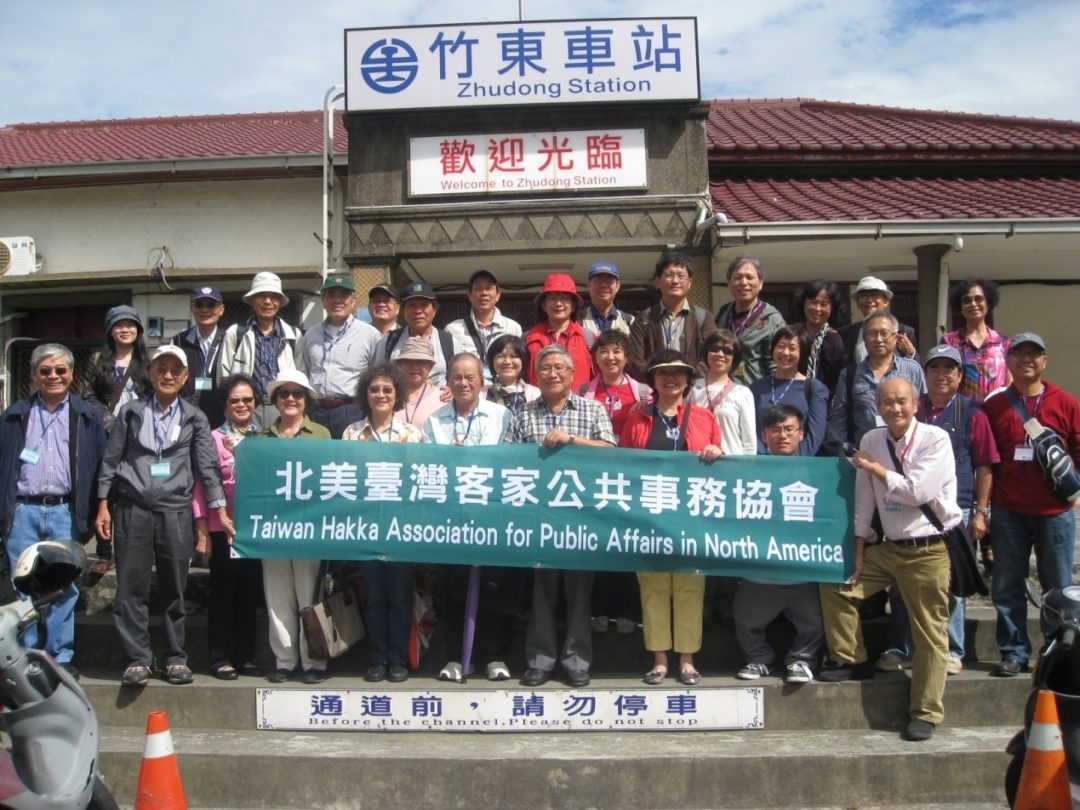 2013 Highway 3 Journey – Zhudong Station
2013 Highway 3 Journey – Zhudong Station
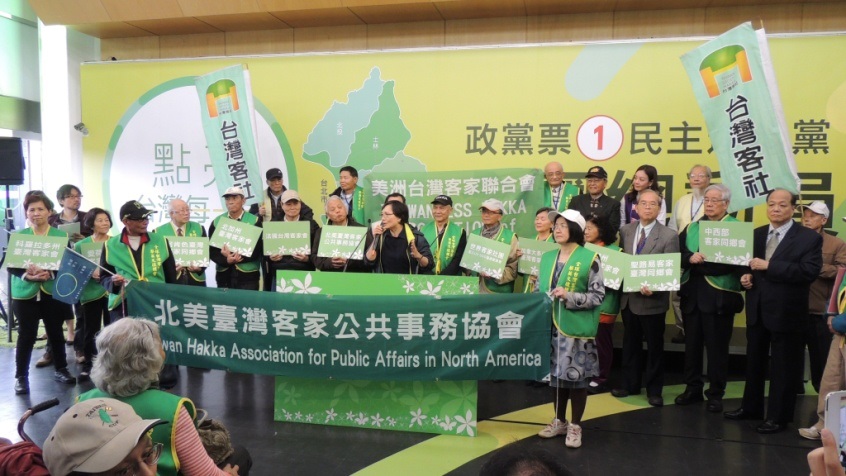 2016 Tsai Ing-wen, Chen Chien-jen Press Conference
2016 Tsai Ing-wen, Chen Chien-jen Press Conference
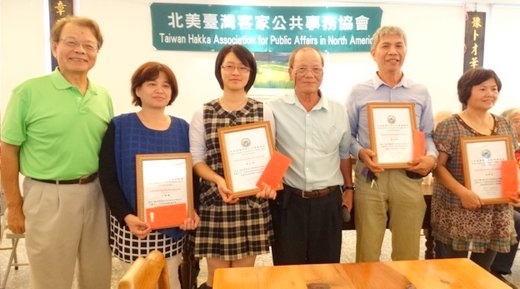 Awards for readings and writing about Taiwanese Hakka literature
Awards for readings and writing about Taiwanese Hakka literature
Translated from 290. 北美臺灣客家公共事務協會

